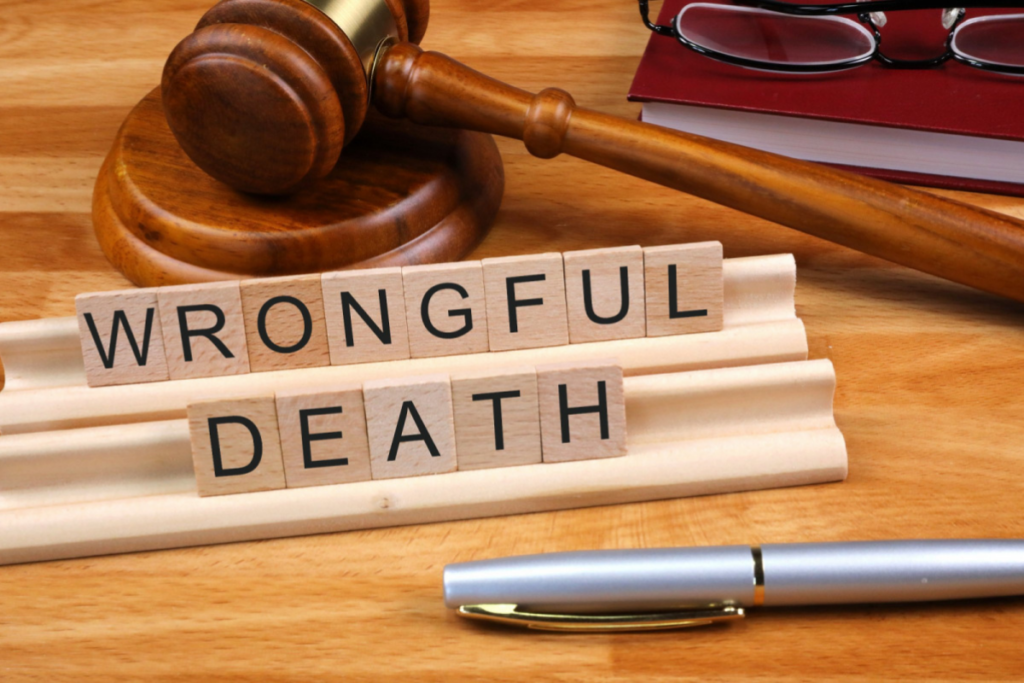
Losing a loved one in an unexpected moment can be heartbreaking and disturbing. It is even worse knowing this occurred because of someone else’s negligence. In these difficult situations, survivors often contact legal help for guidance on their rights and the path to justice.
Boston, a city that serves as the cultural and monetary center of the New England region in the northeastern United States, has a high rate of crashes, including fatal accidents. So, for families in situations like these, wrongful death lawyers in Boston are often the first point of contact.
If you’ve lost a loved one and are considering filing a claim of wrongful death, it’s natural to have a lot of questions. Here are five of the most frequently asked questions regarding wrongful death claims.
1. What is a wrongful death claim?
A wrongful death is when someone dies as a result of another person’s negligence, intentional act, or wrongful conduct. Deaths due to medical malpractice, car accidents, workplace accidents, defective products, and criminal activity fall under wrongful death.
Survivors, usually immediate family members, have the legal right to seek compensation for mental suffering, lost income, funeral expenses, and other financial losses caused by their death.
2. Who can file a wrongful death claim?
The laws limiting who may file a wrongful death claim differ from state to state. In general, the following people are often allowed to file a wrongful death claim:
- Spouse: In many cases, the deceased’s surviving spouse can file a claim.
- Children: If the deceased has children, they may be able to start a wrongful death lawsuit.
- Parents: In the event of the death of a child or an unmarried person, the parents may move the case forward.
- Personal representatives: In some states, a representative from the deceased’s estate may submit legal action on behalf of the family.
3. What kind of compensation can dependents expect?
While each case is unique, most wrongful death claims seek compensation for both economic and non-economic losses. The compensation can include:
- Medical expenses: These are expenses by the victim or the dependents for the victim’s treatment before death.
- Funeral and burial costs: The expenses the family members spent for the funeral and burial of the victim.
- Lost wages: If the deceased was the breadwinner, dependents may be eligible for compensation for lost future earnings.
- Non-economic damages: Compensation for non-economic damages such as emotional suffering, depression, and loss of companionship suffered by the survivors.
4. What evidence is required to file a wrongful death claim?
Some important pieces of evidence are required to prove that another party’s negligence caused the death. They are mentioned below.
- A death certificate is the most basic document to confirm the decedent’s passing.
- The autopsy report is essential in some cases; an autopsy report may be required to establish the cause of death, especially if the cause is disputed or unclear.
- Accident reports show that the defendant violated traffic laws.
- Eyewitness testimony indicating the defendant’s actions.
- Surveillance footage is also a requirement to show the defendant’s behavior during the incident.
5. Which is better? An out-of-court settlement or a court trial?
The answer to this depends on the survivors’ needs and the way the accident happened.
If the survivor can win fair compensation through out-of-court negotiations, then it is considered a wise option. The survivors get a quick compensation, and they can move on with their lives.
However, if there was gross negligence involved, it might be a good idea to take the case to court. Litigation is also recommended when out-of-court settlement negotiations fail.
Whatever your choice is, it’s a good idea to seek the help of a legal professional. A wrongful death lawyer can deal with the challenges involved in the legal proceedings and ensure survivors get fair compensation for all that they had to go through.


